Act Locally
Local Action Resources
Toolkits and information to help you start a reuse campaign in your community.
Campaigns & Toolkits
-

Roadmap to Reuse
This roadmap to reuse is for changemakers – the community activists, business entrepreneurs, and policy makers who are ready to tackle the throw-away systems and create a future where both people and the planet are treated as indisposable. Here we provide a variety of ways that local communities can bring about a new reuse economy.
-

Reuse in Schools
Information and a resource library on switching to reusable foodware in K-12 cafeterias.
-

Reuse for Onsite Dining Library
A comprehensive resource library to help advocates, schools & businesses, governments, elected officials, and anyone who dreams of only being served with real dishes & cutlery when going out to eat: disposable-free dining.
-

Skip the Stuff
Every year, billions of unused straws, utensils, napkins, condiment packets, and other accessories are included in take-out and delivery orders and just thrown away. Together, we can change this.
-

Climate Toolkit
Reuse must play a key role in addressing climate change. View Upstream’s Climate, Plastics, and Reuse Toolkit to learn more about how reuse can be a solution to our climate & plastics problems, and what organizations, governments, and individuals can do to be a part of the movement.
-

How to launch a reuse coalition
There is no one set playbook for starting and operating any local organizing effort and no one right way to engage people in fostering an “indisposable community.” After launching a few reuse coalitions ourselves (and supporting others to do the same), we offer the following best practices to help you think about what might work best in your community.
-
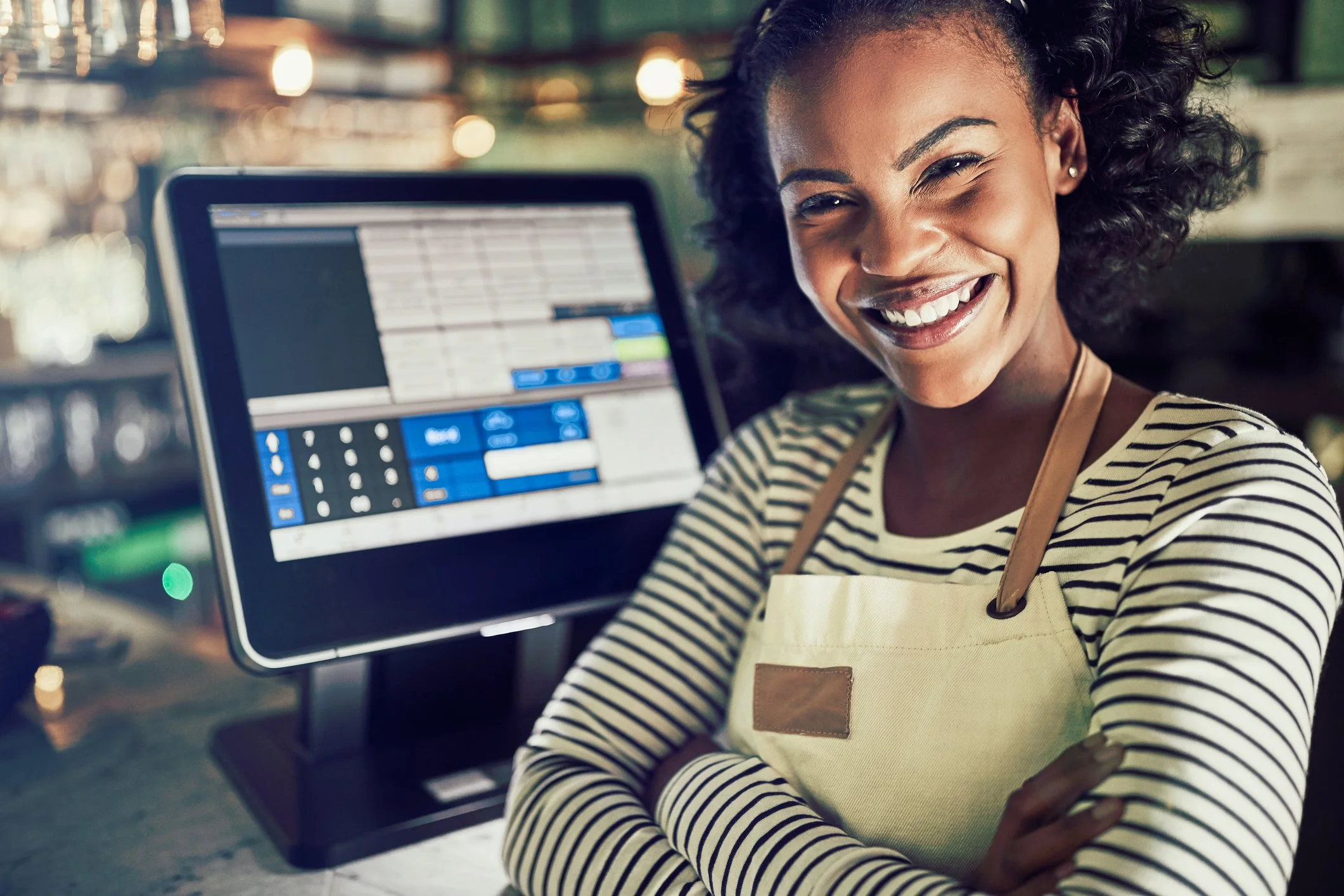
The Reuse Outreach Playbook
A manual for conducting reuse outreach and education at food businesses.
-

"Keeping it real" at coffee shops
A handy educational flyer you can bring to your local coffee shop to encourage them to use real dishes for sit-down orders – and incentivize customers to bring travel mugs for to-go orders. Every bit counts!
-

Reuse Wins in CA
Though this toolkit has been customized for California, it can be used as a template to activate change at the state level in any state.
-
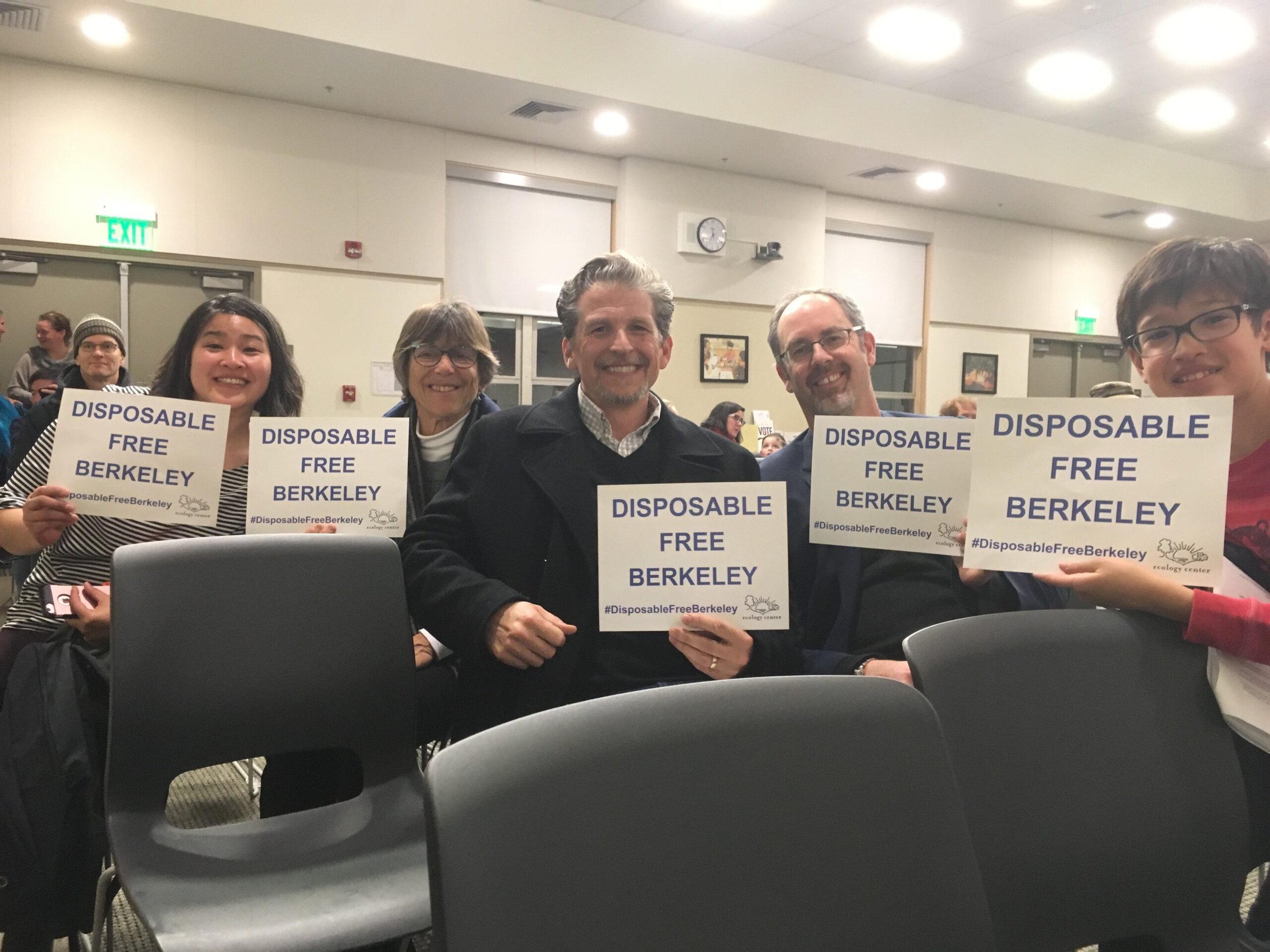
Disposable Free Berkeley
From our friends at the Ecology Center – a webpage and toolkit documenting Berkeley’s 2019 success in passing the Single Use Foodware and Litter Reduction Ordinance and inspiring others to make similar changes in their community.
Friends of Upstream share the Library of Things concept, a community resource where useful items can be borrowed just like books that are in circulation for years.
image: Baltimore Tool Library
A model from ReThink Disposable helps solve for loss rates when implementing reuse in school cafeterias.
Schools around the US have successfully switched to reusable foodware. Here’s how.
Upstream’s first appearance at this conference geared toward waste management professionals and government staff.
Upstream's Cerise Bridges offers her “notes from the field” after attending a conference about Chicago’s new sustainability law.
Upstream's Reuse Funding Tracker monitors incentives and grants that could be used to support projects related to source reduction of disposable packaging and foodware.
Reducing resource consumption and improving production processes can develop more resilient, equitable systems that prioritize long-term sustainability for the economy, people, and the environment.
The importance of embedding reuse into climate action plans—and how measuring consumption-based emissions gives a far more accurate depiction of a municipality’s climate impact.
A conversation summary from the summer meeting of the Reuse Solutions Network.
Messaging strategies and talking points tailored to the four audience types that local advocates commonly target to promote reuse in food service.
A national pilot study on reusable foodware for healthier, more sustainable schools.
Students from a California high school wanted help convincing school administrators to replace the disposable bowl used in the cafeteria with a reusable one. With a little purchasing data and Chart-Reuse, we were able to show the impact of switching to reuse.
When city legislators required local data to consider Skip the Stuff legislation, a small community organization turned to Upstream for help. A Chart-Reuse case study.
Rethinking the supply chain for packaging must be a climate goal to put us on track to achieve net-zero emissions.
Counter-arguments to the top four myths about why reuse is not a viable solution.
Key findings from a new report on scaling reuse, plus more from Upstream’s Reuse Solutions Network.
A significant body of evidence indicates that given the choice, people would choose reusables. Here’s a resource roundup—and another side of the coin.
Learn more about The Reusies 2024.
A recap of the Reuse Solutions Network Q1 meeting on lessons learned from cup fee repeals.
How do you get customers to return to a system of reusable containers when they have been trained for years to throw them away when they are finished? Reuse businesses around the world are trying to answer this question.
Reusable LA co-leaders Alison Waliszewski and Emily Parker share insights into advocating as a community for reuse for onsite dining and other policy wins.
At its root, the reuse movement is a social and environmental justice movement.
Whether you are a restaurant or school curious to increase your use of reusable foodware, a government department crafting a reuse for onsite dining policy, or a community group eager to organize around less trash, this library is a one-stop resource shop.
With The Reusies in its 4th year, we’ve been reflecting and listening to our communities and networks on ways to improve the program.
John Charles Meyer, E.D. of Plastic Free Restaurants, shares insights into running a reuse-focused nonprofit.
Upstream’s take on the recently published Zero Draft of the international treaty to reduce plastic pollution.
Conversation about the climate crisis tends to center on vehicles and the power grid. But the one-way throw-away economy is also a major factor. Here’s how you can help.
Articles About Local Action
EPISODE 184: Experts and advocates share their insights into reuse and refill in state and federal food codes, plus strategies to update your own state’s food code to be more reuse/refill friendly.
EPISODE 183: Lessons from the California school district that helped 300+ schools transition to reuse through a statewide grant program.
EPISODE 182: An exploration of behavior change science for reuse with Jen Carrigan and Katie Patrick.
photo credit: Cup Club
EPISODE 181: Upstream and partners are helping the Grand Canyon build the nation’s largest open-loop reuse system. Learn about the process and their progress so far.
photo credit: National Park Service / K. Thomas
EPISODE 180: 2025 will go down in history as the year the universal Reuse symbol was born — listen in to learn more and to participate.
EPISODE 177: Isabel Mack, creator of Party Kit Network, and Toni Mason with Bull City Boomerang Bags discuss community-focused reuse initiatives driven by passion instead of policy.
image: Party Kit Network
EPISODE 175: Switching K-12 schools to reusables is a win-win-win for improving children’s health, educating and empowering the community around sustainability issues, and providing an impressive ROI for school administrators.
EPISODE 174: Diving into the findings of a national pilot study of reusable foodware for healthier, more sustainable schools.
EPISODE 172: Organizers in states where it is challenging to pass policy are still doing good work to reduce plastic waste and encourage reuse. Plastic Free MKE shares the story of their success.
Episode 171: Preemption laws—or “bans on bans”—can make it hard for localities in more conservative states to pass plastic reduction and reuse policies. Learn insights & workarounds from on-the-ground advocates in FL, CO, and MT.
Episode 170: Happen Ventures leverages logistics and partnerships to repurpose products and divert landfill waste.
Episode 169: A win-win model from MD Department of Aging: reusing durable medical equipment to increase access while saving money, carbon, and landfill waste.
Episode 168: PLAN’s Atlas Fellows launch a Reuse To-Go Manual & ROI Calculation Course to help college students make lasting changes in campus dining.
Episode 166: Christiana Dujardin, lead analyst for the Ellen MacArthur Foundation’s groundbreaking report, Unlocking A Reuse Revolution - Scaling Returnable Packaging, shares insights & takeaways on designing a returnable packaging system that can compete across the board with single-use.
Episode 165: A recording of the summer Reuse Solutions Network meeting, which dives deep on the interrelation between single-use plastic, climate change, environmental justice, and a just transition to reuse.
Episode 164: How passion, persistence, and good data can go a long way in creating change—with Yayoi Koizumi, founder of Zero Waste Ithaca and co-founder of BYO-US Reduces.
Episode 160: Inspiring Berkeley High School students Sophie Horvath and Joshua Swift-Rawal share their journey in advocating for reuse at their school and beyond.
Episode 158: Behind the scenes at the INC-4 meeting in Ottawa, plus what’s next for an international agreement to reduce plastic pollution.
photo: Benjamin Von Wong
Episode 157: Bryan Lewis, head of GreenBiz’s Emerging Leaders program, discusses empowering young sustainability professionals, a just transition to a circular economy, and what he is doing to ensure DEI doesn’t DIE.
Episode 156: How the arts, design, and action can help change culture and make throw-away go away, with Dianna Cohen and Annie Rothschild Farman of Plastic Pollution Coalition.
Episode 155: The town of Banff was among the first in Canada to pass a comprehensive single-use item reduction bylaw. Hear from Environmental Coordinator Carla Bitz about the grassroots efforts that spurred the journey to passing this policy, plus successes and challenges along the way.
Episode 154: Reusable LA co-leaders Emily Parker and Alison Waliszewski share some key insights about advocating for Reuse for Onsite Dining and other reuse policy within their community.
Episode 152: How compostable are bioplastics really? The answer: it depends. Learn more from Dr Lisa Erdle of the 5 Gyres Institute.
Episode 151: Perpetual is working to bring reuse to everyone by collaboratively designing reuse systems in mid-side cities across America.
Episode 150: More on navigating the challenges and opportunities in moving toward a new reuse economy built on principles of equity and justice for all.
Episode 149: A candid discussion on an equitable vision of a new reuse economy and aligning on how we talk about a Just Transition toward non-toxic reuse - a Reuse Solutions Network recast.
Episode 148: Executive Director of Plastic Free Restaurants John Charles Meyer returns to update us on progress made and lessons learned in funding foodservice establishments to switch to reuse.
Episode 147: Reuse Seattle collaborators McKenna Morrigan and Moji Igun share the inspiring story of the coalition’s growing success since we first chatted with them.
Episode 146: Dan Vukelich, The Reusies 2023 Activist of the Year, shares how 20+ years of working to reduce waste in hospitals is really gaining traction.
Episode 143: Judy Hilton, co-author of the recent groundbreaking report Making Reuse a Reality, dives deep on the paper’s findings and its implications for the Global Plastics Treaty.













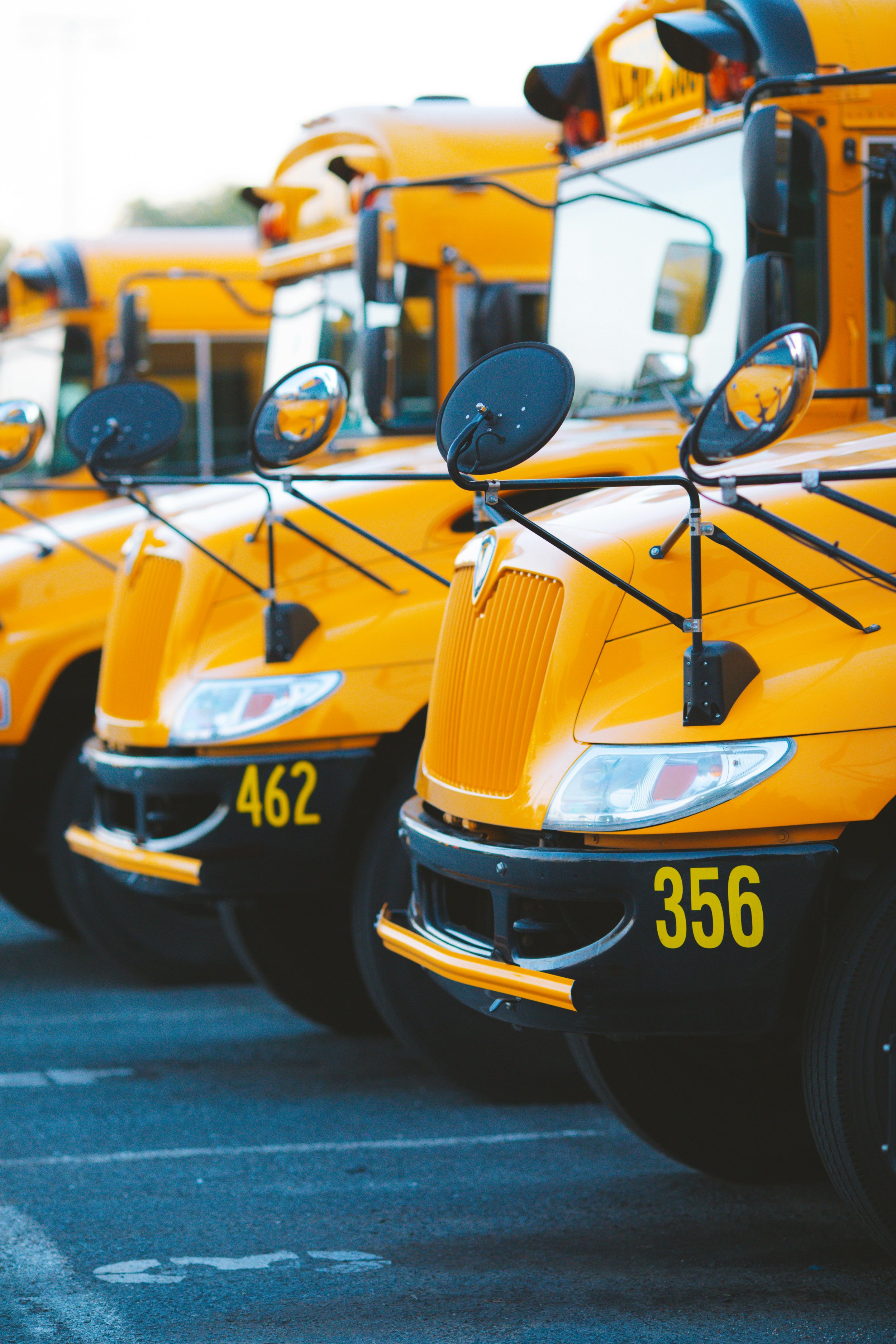




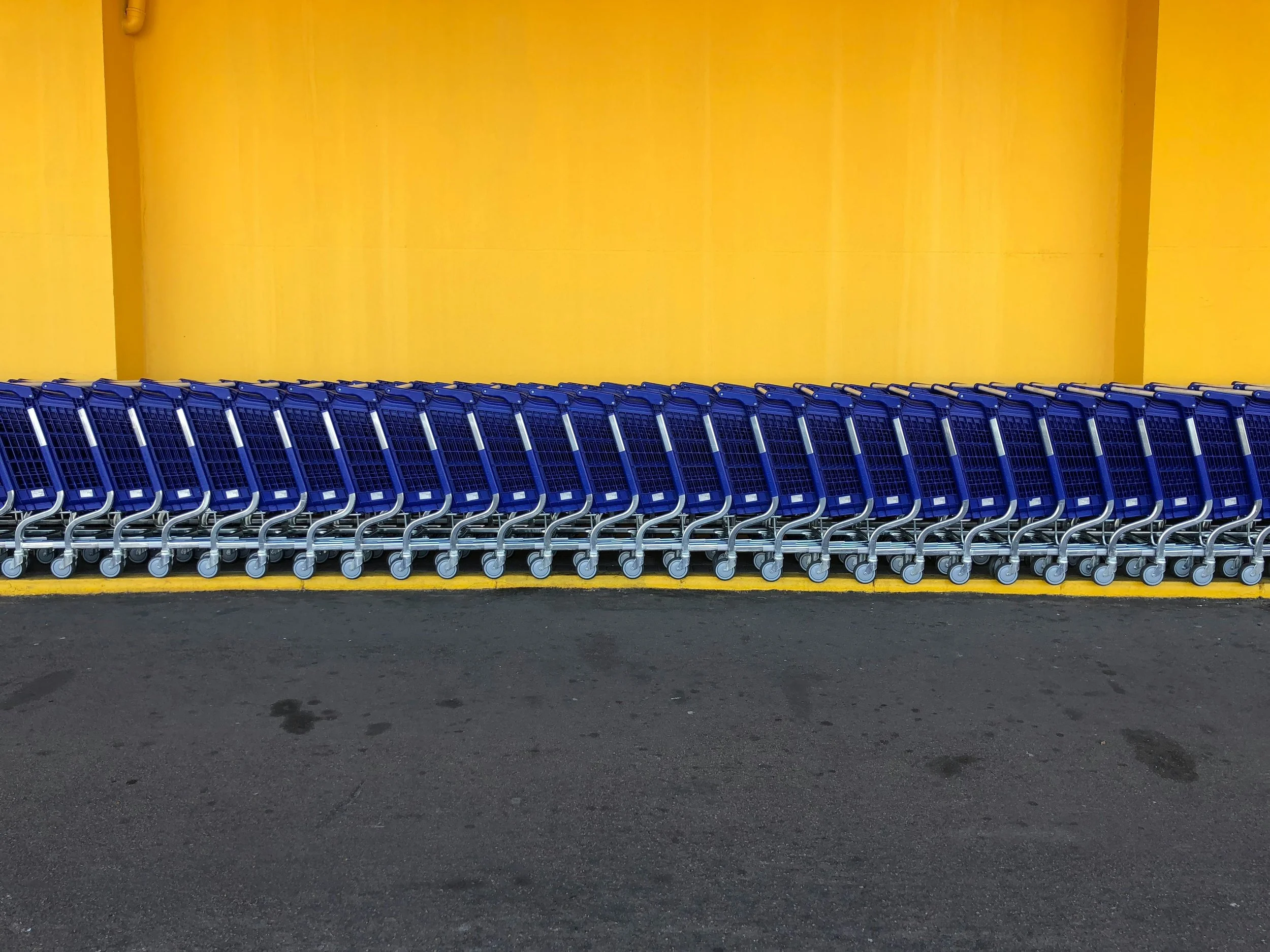
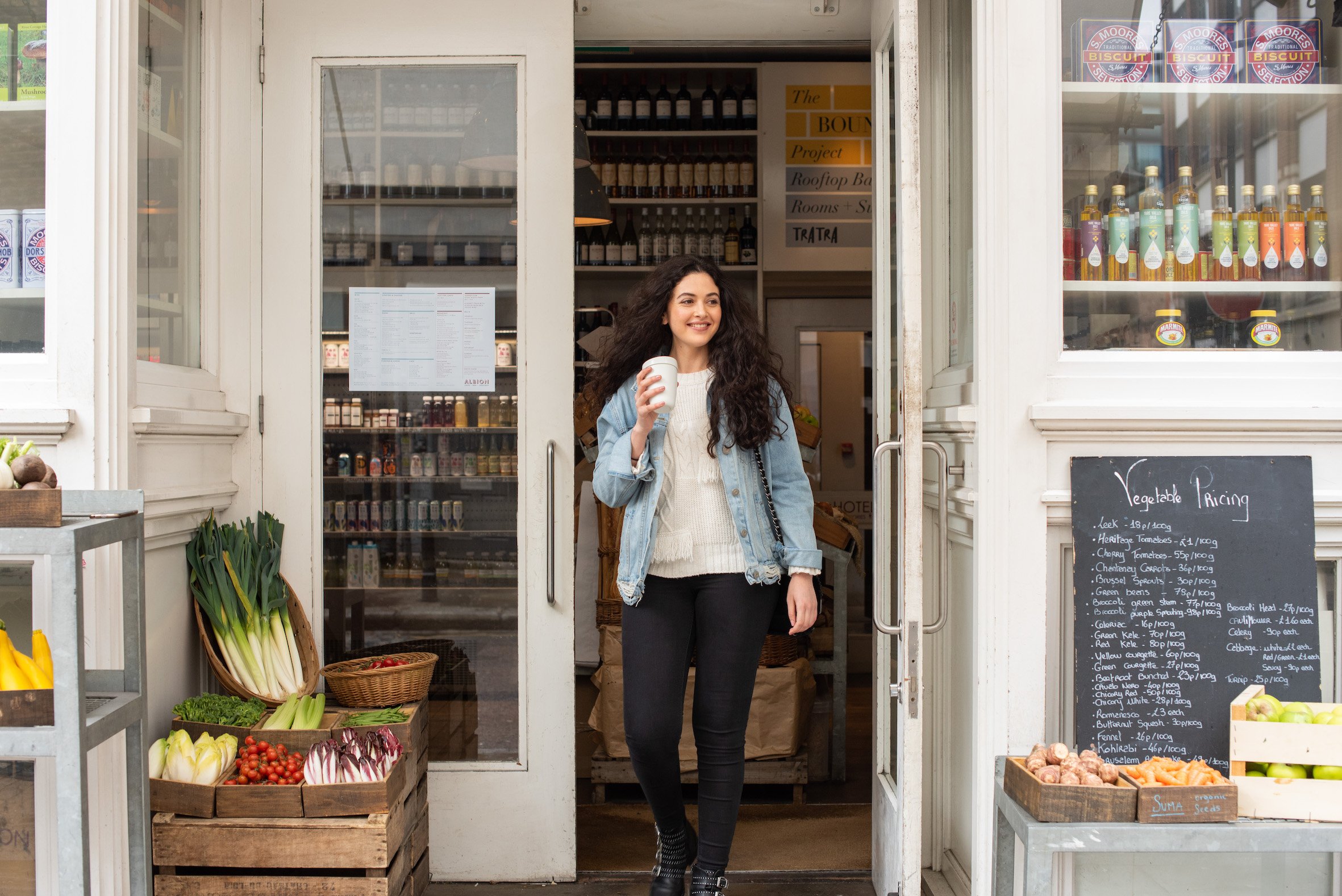




















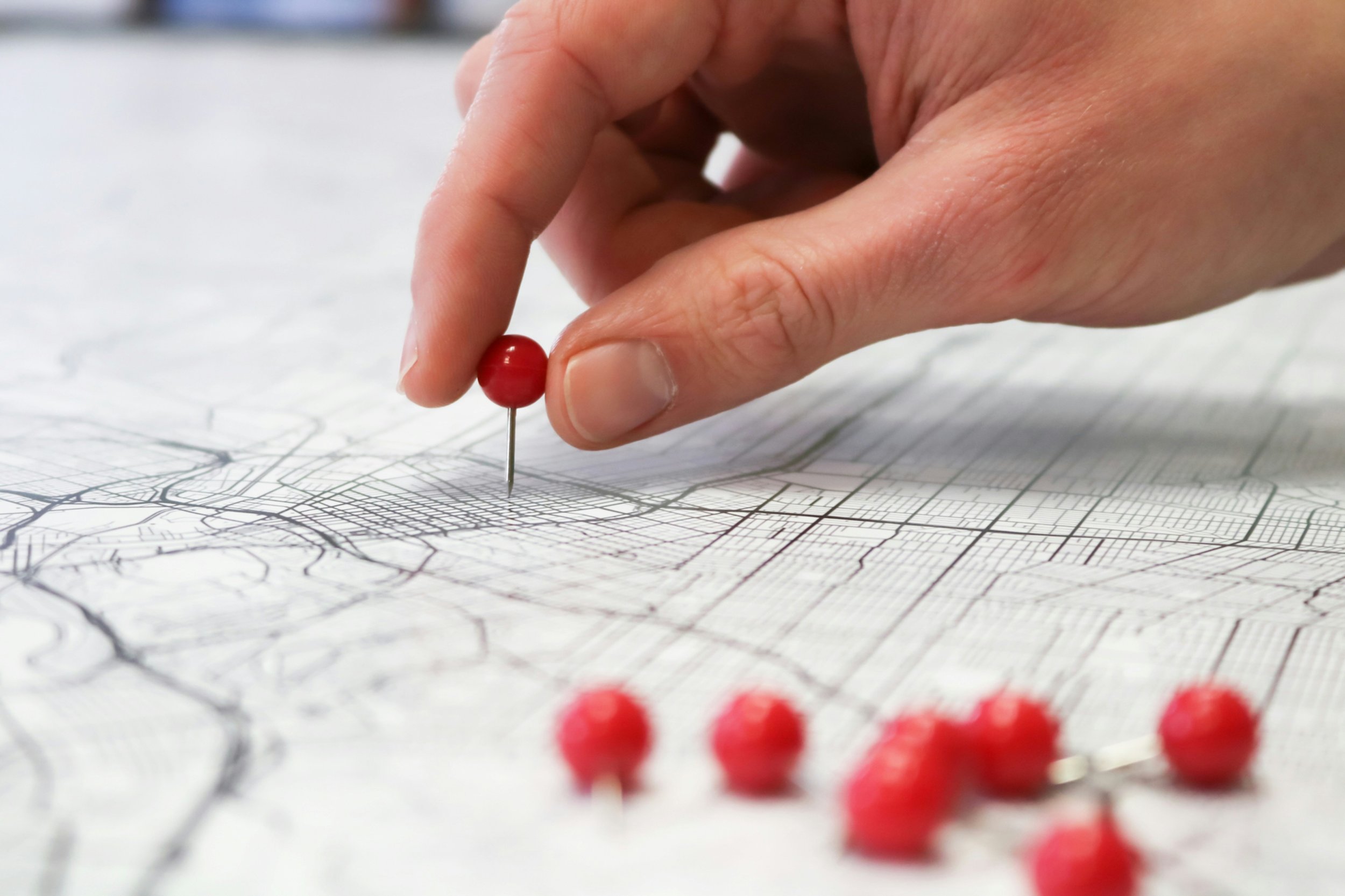


















How reuse can meet the objectives of a just economy as well as provide safe, healthy, dignified jobs.